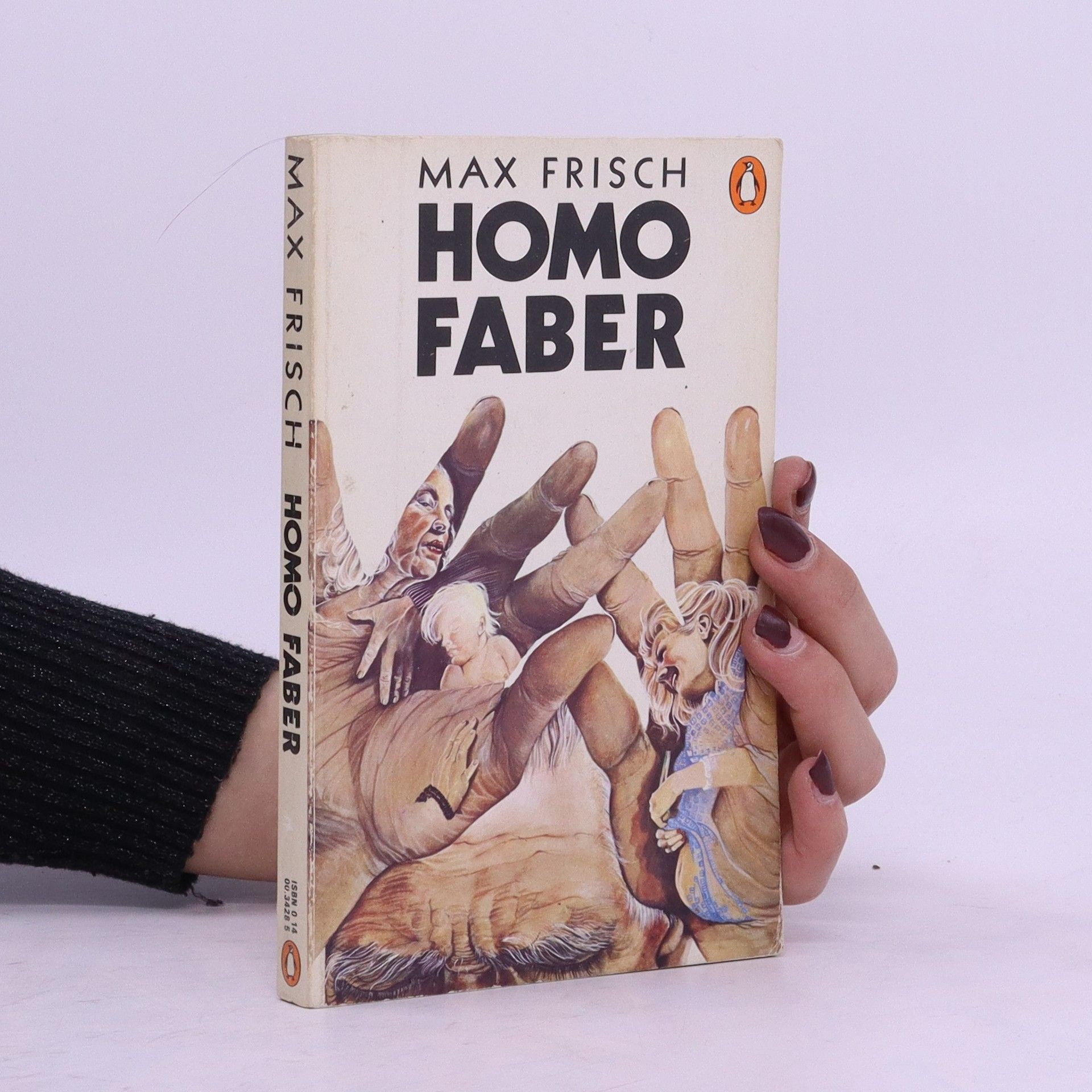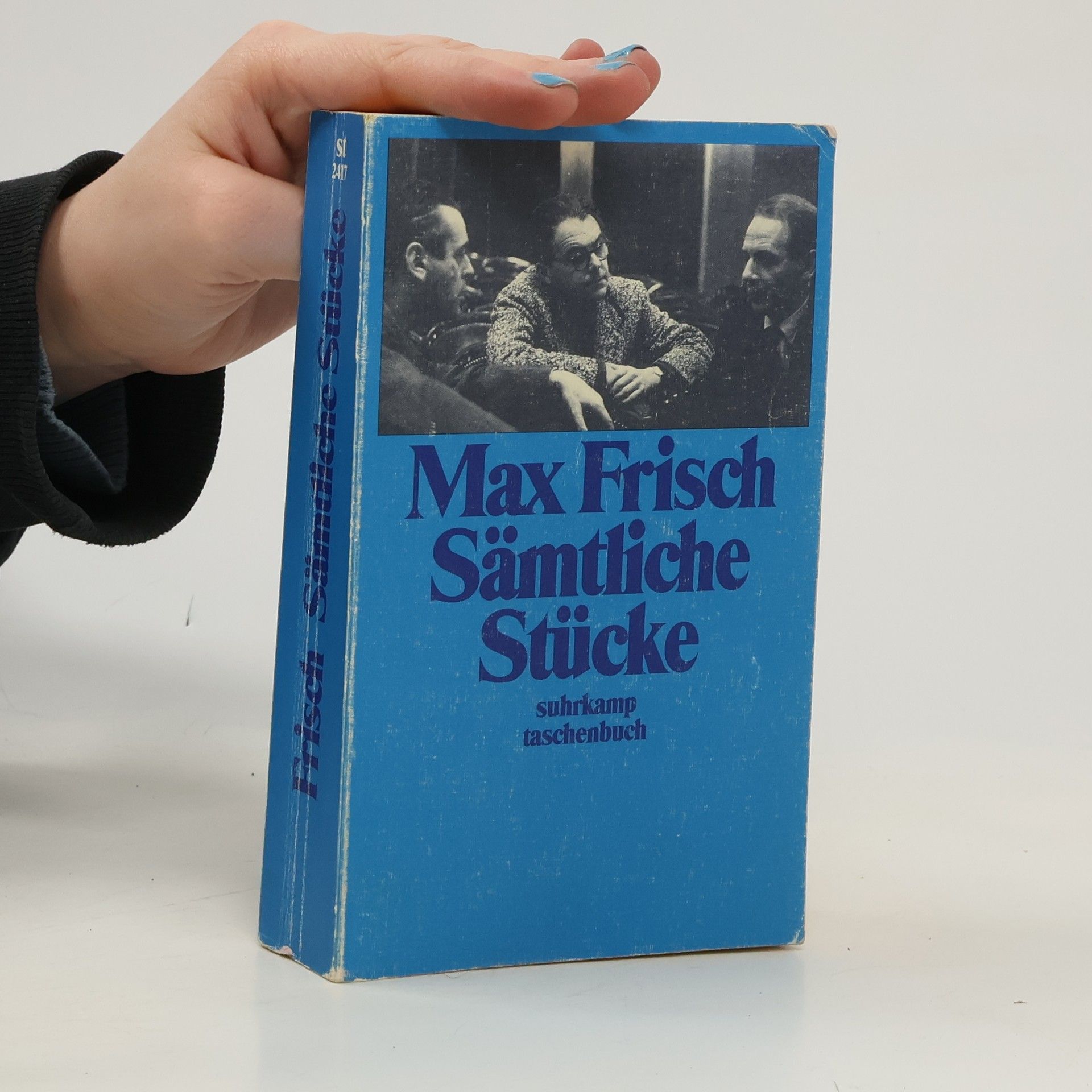Zurich Transit
- 88bladzijden
- 4 uur lezen
The screenplay "Zurich Transit" was developed from an episode in the novel Gantenbein, published in 1964: 'A story for Camilla: of a man who decides several times to change his life but, of course, never succeeds ...' Yet one day he, Theo Ehrismann, returns from a trip abroad and reads in the paper his own obituary. He arrives just on time for his own funeral and observes the attending mourners, and yet he is not able to reveal himself to them, especially not to his wife: 'How does one say that he is alive?' Max Frisch counters the traditional dramaturgy based on causality with a dramaturgy of coincidence. 'Life,' Max Frisch said in 1965, 'is the sum of events that happen by chance, and it always could as well have turned out differently; there is not a single action or omission that does not allow for variables in the future.'





